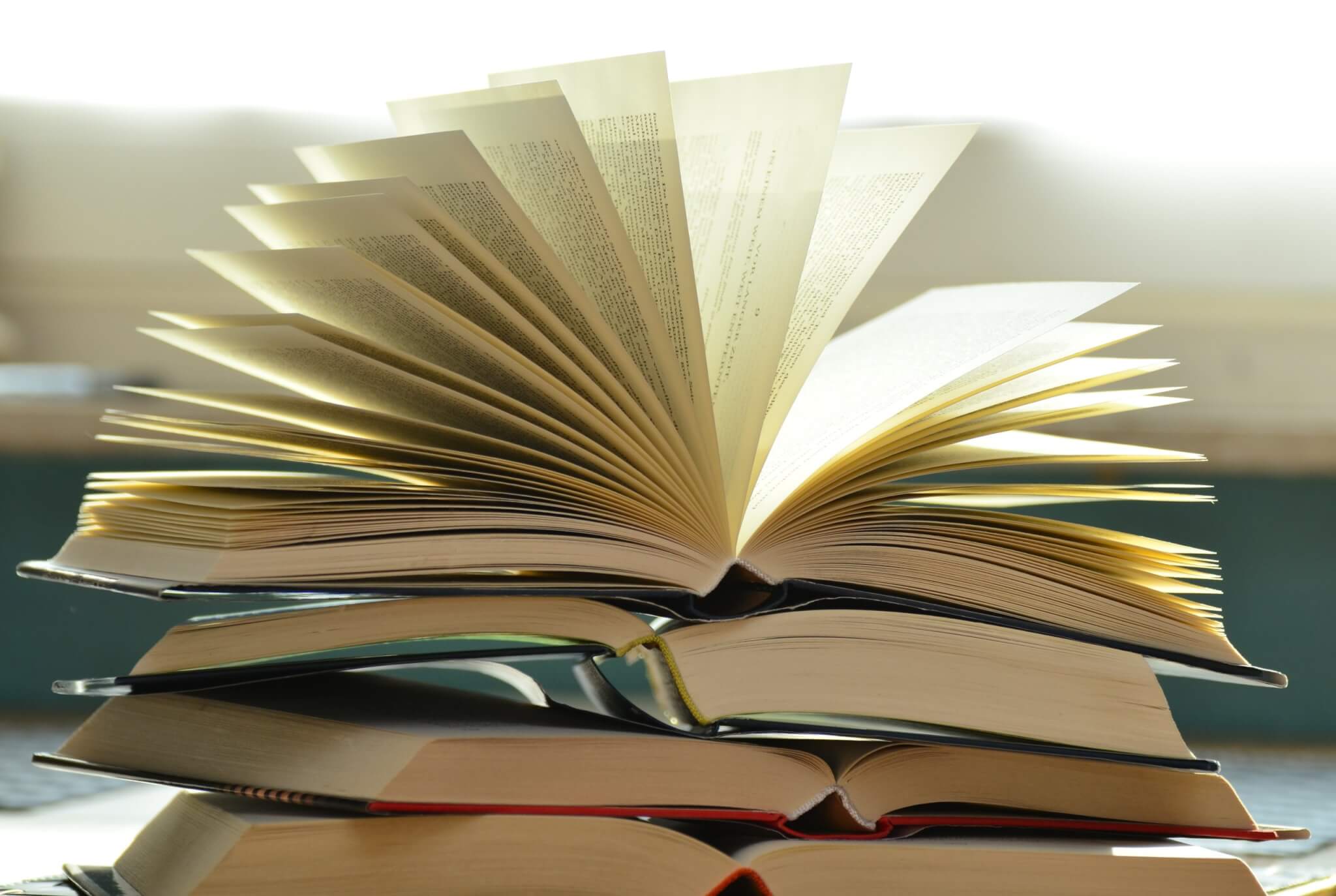If you are looking for the best decision-making books you can read, you’ve come to the right place.
In this article, we will cover the top 5 books on decision-making that you can read to improve your decision-making skills. I have personally read each book and can recommend them.
Decisive: How to Make Better Choices in Life and Work by Dan Heath and Chip Heath
Decisive is one of my favorite books to read on decision-making. It’s easy to read and super informative.
In the book, the authors discuss some common errors we make when we make decisions and then give us a method we can follow to make better decisions.
They propose the WRAP method:
- Widen your options
- Reality-test your assumptions
- Attain distance before deciding
- Prepare to be wrong
If you want an easy-to-read yet super informative book on decision making, this one is great.
Thinking in Bets: Making Smarter Decisions When You Don’t Have All the Facts by Annie Duke
Thinking in Bets teaches us how to think about decisions differently.
Too often we base the “rightness” of our decisions based on the outcome (instead of the process we took to make the decision) and we think of our decisions as “right or wrong”.
Instead, Duke says we should think about decisions as poker. Everything about poker is probability. Even bad hands win sometimes, and the best hands can lose as well.
What’s important is that you make the best decision based on what you have and know. A good decision is not based on if you won, but the process you used to make that decision.
If we do this with our everyday decisions, we make better decisions not only as individuals but as groups. We also become more welcoming of input and disagreement.
If you want to improve the way you and your group think about decision-making (and help avoid poor choices), this book is for you.

Smart Choices: A Practical Guide to Making Better Decisions by John S. Hammond, Ralph L. Keeney, and Howard Raiffa
Smart Choices is about, as you can guess, what the name says – making smart choices.
To do that, they give a step-by-step detailed methodology to follow to make better decisions. Their formula is called PROACT – with URL at the end. It stands for the following:
- Problem – work on the right decision problem
- Objective – specify your objectives
- Alternatives – create imaginative alternatives
- Consequences – understand the consequences
- Tradeoffs – grapple with your tradeoffs
- Uncertainty – clarify your uncertainties
- Risk Tolerance – think hard about your risk tolerance
- Linked Decisions – consider linked decisions
If you want a detailed step by step formula for making better decisions, this would be a great book for you.
Thinking, Fast and Slow by Daniel Kahneman
Thinking, Fast and Slow is an amazing book – and a long one.
It’s written by Daniel Kahneman, who is a renowned psychologist and winner of the Nobel Prize in Economics.
It goes into detail about how our brain works, the two “systems” of our brain, and the errors we are prone to.
In fact, there are a couple of sections that struck me with me saying “that’s me there!”, though I could recognize my brain functioning in the way he said in other sections as well.
If you are looking for a detailed, informative (and enjoyable) book on how our brain works, the errors we are prone to, and some ways to overcome them, I highly recommend this book to you.
The Paradox of Choice by Barry Schwartz
The Paradox of Choice is another book I highly enjoyed reading. The main premise is this – we are in a world saturated with more and more choices – and it’s hurting us instead of helping us.
When we have so many choices, not only does it make it harder to make a choice, but it makes the choice we make less satisfying.
We can also get into a trap of always seeking out “the best” in a world of choices that we constantly live with regret and what could have been or wondering if there is something better we missed out on.
If you want to learn how to be more satisfied in life and the choices you make (and the dangers of and ways to overcome too many choices), this is a good book for you.

